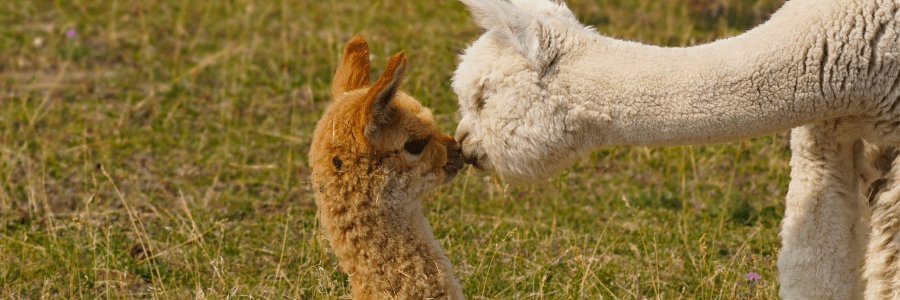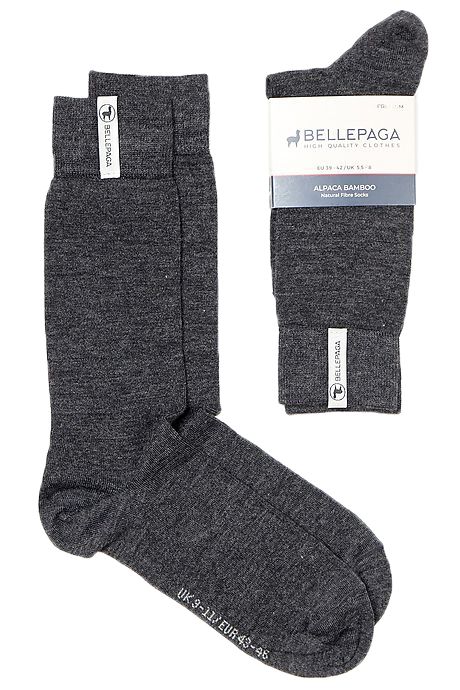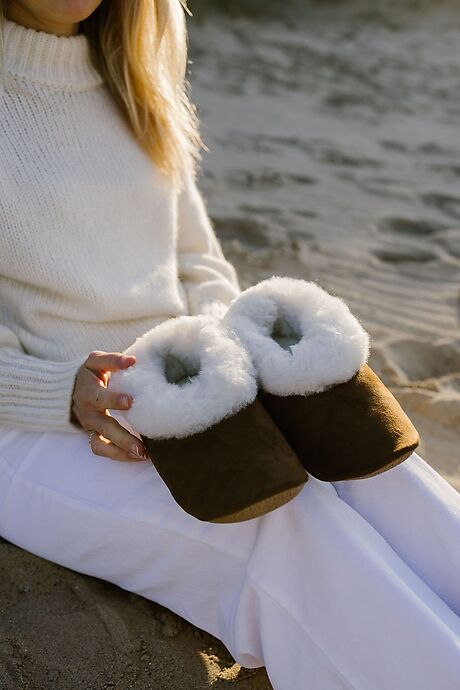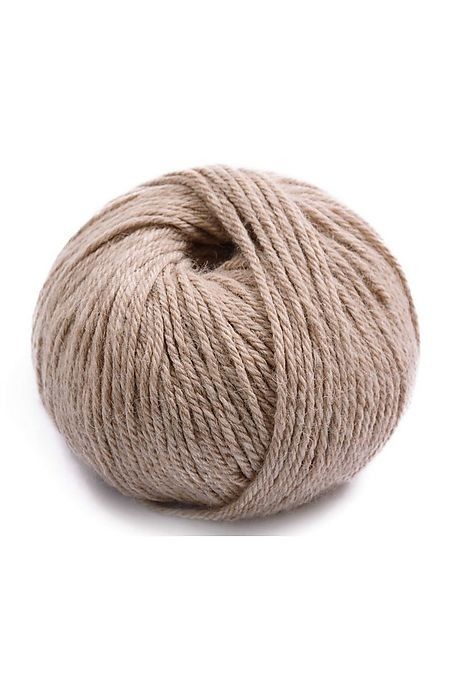alpaca wool prices


Are you looking for a high-quality wool that will last you over time and for which you can confidently pay the price without the risk of buying a poor quality wool that is itchy, scratchy and sweaty? Then you've come to the right place.
In this article, we will compare the price-quality ratios between wools, and we will help you to determine which wool is the best and how much it costs.
Alpaca wool or merino wool?
As for alpaca wool, in general, it is considered a high quality fibre and therefore it can be relatively expensive compared to other types of wool.
Alpaca wool prices also vary depending on the region where it is produced. For example, alpaca wool produced in Peru such as BellePaga is often considered to be of the highest quality and therefore can be more expensive than alpaca wool produced in other countries.
On average, alpaca wool prices vary between 10 and 100 euros per kilogram, but it can be higher for higher quality or rarer fibres. Balls of alpaca wool can also vary in price, depending on the quantity and quality of the wool used to make them. A scarf can cost between 80 and 100 euros, while jumpers and ponchos will cost around 200 euros.
It is important to note that the price of alpaca wool can also vary depending on market fluctuations, fibre availability and production costs.
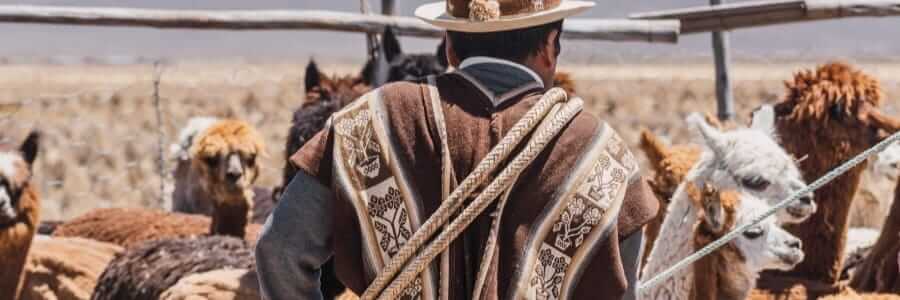
Merino wool is a high quality fibre and is often considered one of the finest and softest fibres available on the market.
In general, the price of merino wool varies between 10 and 50 euros for a 100 gram ball. However, prices can be higher for higher quality fibres or for clothing items or accessories made from this fibre.
Merino wool jumpers, cardigans and scarves can vary in price depending on the quality of the fibre, the brand and other factors. On average, a merino wool jumper or cardigan can cost between 50 and 200 euros, while a scarf can cost between 20 and 80 euros.
It is important to note that the price of merino wool can also vary depending on market fluctuations, fibre availability and production costs. It is also important to consider the care of these products, as merino wool also requires special care to maintain its quality and softness over time.
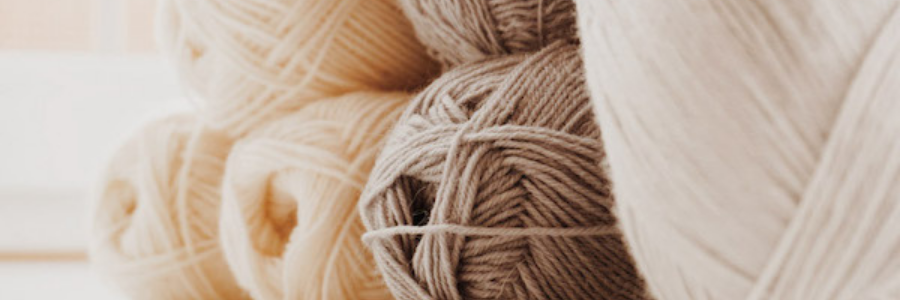
Value for money alpaca wool
In terms of quality, alpaca wool is 4 times more resistant than sheep's wool. Resistant over time, buying alpaca wool means paying the price for a quality product that won't wear out quickly. The opportunity to create a capsule wardrobe!
With its many properties: thermoregulating, antibacterial, anti-perspirant, alpaca wool is the softest and most breathable wool you will find on the market.
Moreover, this wool does not itch or sting, even in direct contact with the skin, unlike other wools. It does not pilling over time and you can continue to wear it season after season...
Most expensive wool
The most expensive wool is vicuña wool, a species of camelid native to South America. Vicuña wool is considered to be the finest and softest fibre available on the market, making it one of the most luxurious and expensive materials for clothing and accessories.
Due to the rarity of the fibre, vicuña wool is very expensive. On average, the price of Vicuña wool can vary from 300 to 600 euros per kilogram, but it can be even higher for higher quality fibres.
Vicuña wool items, such as jumpers, scarves and shawls, can cost several thousand euros depending on the quality of the fibre, the design and other factors.
It is important to note that the production of vicuña wool is highly regulated and controlled due to the vulnerability of the species. Vicuñas are often shaved once every two years and the fibres are collected by hand to avoid harming the animals. This also increases the cost of production and therefore the price of the fibre.
How many kilos of wool per alpaca
The amount of wool produced by an alpaca depends on several factors such as breed, age, quality of feed and climatic conditions. On average, an adult alpaca can produce between 2 and 5 kilograms of wool per year. However, some alpacas can produce up to 7 kilograms of wool per year. All these factors will make alpaca wool change in price and may increase it somewhat.
The quality of the wool produced by an alpaca also depends on several factors such as the age of the alpaca, the care given to it, genetics and environmental conditions. Price alpaca wool produced by young alpacas (under 1 year old) is often softer and finer than that produced by older alpacas.
Wool harvested from the most delicate parts of the alpaca, such as the neck and belly, is often finer and softer than wool harvested from other parts of the body.
It is important to note that shearing alpacas must be done carefully and professionally to avoid injury to the animal and to ensure the quality of the wool. Shearing should be carried out once a year, usually in spring, before the temperatures become too hot.
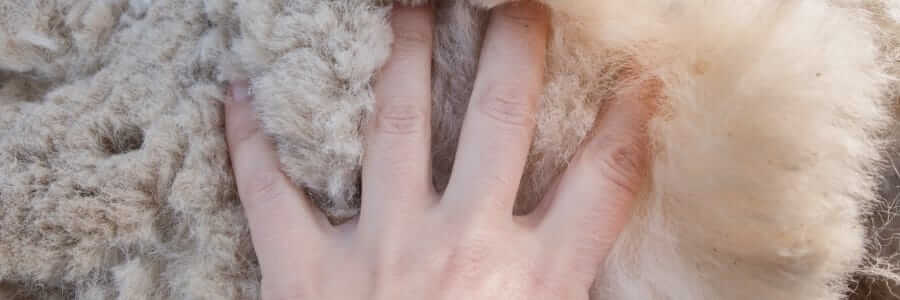
Alpaca wool price per kilo
The price of alpaca wool varies according to several factors such as the quality of the wool, the colour, the weight and the origin. On average, the price of alpaca wool can vary from 30 to 100 euros per kilogram.However, prices can be higher for higher quality fibres or for clothing items or accessories made from this fibre. For example, alpaca wool price, which is considered to be the finest and softest fibre available on the market, can cost up to 300 euros per kilogram.
It is important to note that the production cost of alpaca wool can also vary depending on how it is produced and processed. For example, hand-harvested alpaca wool may cost more than machine-harvested wool. Similarly, the quality of the wool can be influenced by the way it is processed after harvesting, such as washing, carding and spinning.
In general, alpaca wool is considered to be a high quality fibre and items made from it can be relatively expensive because of its softness, warmth and durability.

Alpaca wool properties
Alpaca wool is a premium natural fibre, valued for its unique properties, which set it apart from other types of wool.Here are some of the properties of alpaca wool prices:
1. Softness: Alpaca wool is extremely soft and silky, which makes it pleasant to wear directly on the skin.
2. Warmth: Alpaca wool is very warm, even in cold and wet weather, due to its ability to trap warm air close to the body.
3. Lightweight: Alpaca wool is lighter than other fibres, such as sheep's wool, making it comfortable to wear all day.
4. Durability: Alpaca wool is very durable, which makes it last longer than other types of wool.
5. Moisture Absorption: Price alpaca wool has the ability to absorb moisture from the skin, making it breathable and comfortable.
6. Hypoallergenic: Alpaca wool is naturally hypoallergenic, making it ideal for people with sensitive skin.
7. Thermal regulation: Alpaca wool can regulate body temperature by keeping the body warm when the temperature is low and cooling it down when the temperature rises.
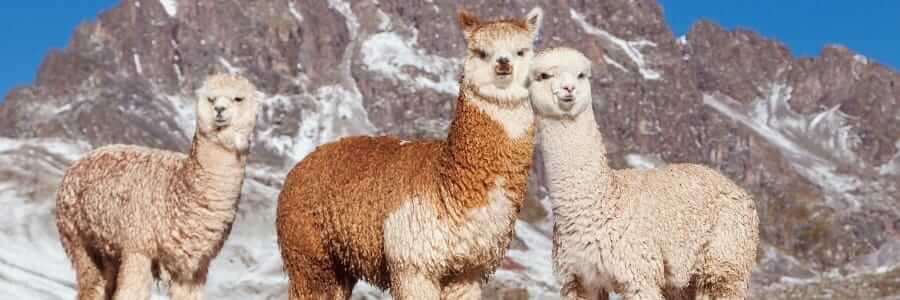
Because of its unique properties, pricey alpaca wool is often used to make winter clothing such as jumpers, scarves and hats, as well as home accessories such as pillows and blankets.
Alpaca wool is therefore a somewhat expensive wool, but less expensive than other types of wool, for the same properties and unprecedented softness and strength. Alpaca wool should therefore not be a big problem if you are looking for quality and durability above all.
Don't wait any longer and order alpaca wool clothes on our website or come and buy them directly in our BellePaga shop in Belgium!
-
Sami Premium Socks - Classic
- 35 - 38
- 39 - 42
- 43 - 46
-
Suni Scarf
-
La Paz Slippers
- 35
- 36
- 37
- 38
- 39
- 40
- 41
- 42
- 43
- 44
- 45
- 34
- 46
- 47
-
Wani Scarf
-
Alpaca Yarn


